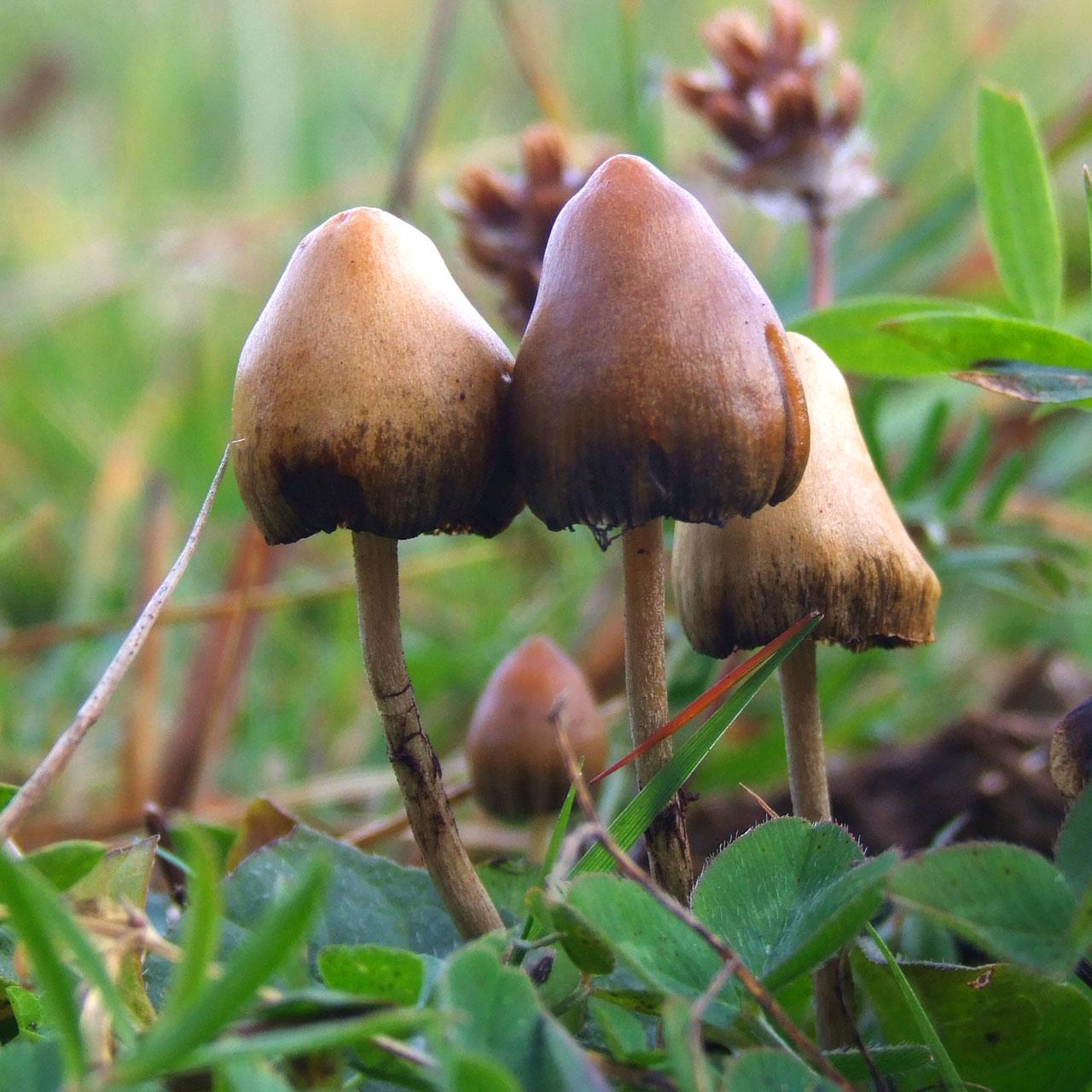After mystical experiences

After mystical experiences
I’m delighted to be giving a talk at Psychedelic Science 2025, the annual conference of the Multidisciplinary Association of Psychedelic Studies. The conference (June 17-20 in Denver) promises to be really fun and stimulating. If you can make it, I’d love to say hi: registration isn’t cheap, but you can use code SPEAKER15 to get 15% off your registration.
I’m especially excited because my talk is really experimental, the kind of broad comparative work that would have got frowned on when I was in grad school. I’m still aiming to exercise scholarly caution to avoid saying anything false, trying to stay reasonably close to what’s in the texts, but I am writing about multiple thinkers whose source languages (classical Chinese and old German) I don’t know well: something which I think one has to do in order to investigate human cultural commonalities, but which would have raised every eyebrow in my PhD program. It’s the kind of project that an aspiring professor only undertakes after getting tenure; in my case, I can do it because I’m no longer trying for a faculty job.

The talk probes more into similarities between psilocybin experiments, of the sort explored by Roland Griffiths at Johns Hopkins, and classical mystical texts from three different contexts. But when one speaks about similarities alone, one invites the question “who cares?”. It’s essential to talk about why the similarities would matter – and so I focus on one particular way in which I suspect they do.
Namely: central to most discussions of psychedelic use is the concept of integration. Psychedelic experiences can be very powerful; 67% of Griffiths’s volunteers rated their psilocybin experience among the top five most meaningful experiences of their lives, comparable to the birth of a first child or the death of a parent. How then does one address or handle such a powerful experience? Most generally, what does one do after such an experience?
In the scholarly literature on psychedelics, the rubric for answering such questions is “integration”. But, I argue, that literature too often assumes the direction of integration in a way that doesn’t do justice to the experience’s power. “Integration” literally means making whole or combining into a whole – so what is the whole? The psychologists led by Ingmar Gorman, for example, claim that “Psychedelic integration is a process in which the patient integrates the insights of their experience into their life.” But such an approach is vulnerable to Rachael Petersen’s powerful question: “wait, I just encountered an ultimate reality. Wouldn’t that imply that I need to integrate myself into it?”
That’s where the mystics come in. I look at three very different mystical approaches, from ancient China, medieval Germany and classical India: the Zhuangzi’s passage on sitting and forgetting, Meister Eckhart’s discussion of gezucket (“rapture”), and Gauḍapāda’s commentary on the “fourth state” of consciousness in the Māṇḍukya Upaniṣad. Across centuries and continents, all of these describe a state of consciousness that shares core elements with the psilocybin experiences described by Griffiths’s volunteers: one withdraws from everyday perception, then thoughts and words fall away, and one ends up in a state that feels holy or sacred, characterized with reverence.
What is crucial, though, is that the states are also all characterized by self-transcendence, in the face of an underlying metaphysical reality – “metaphysical” in Aristotle’s literal sense of “beyond physics”, something that lies underneath when you go past the observed regularities of nature and physics themselves. Griffiths’s volunteers experienced a sense of “internal unity”, a sense of merging into a larger reality. In Zhuangzi’s state of sitting and forgetting, one merges with the “great pervader” (dàtōng 大通) – a phrase that later commentators confirm refers to dào 道, the cosmic way. For Gauḍapāda, “When the mind does not lapse into inactivity and is not distracted by desires, that is to say, when it remains unshakable and does not give rise to appearances, it indeed becomes braḥman” (Māṇdūkya Kārikā III.46) – the nondual ultimate cosmic reality. And Eckhart says, “When the soul is unified and there enters into total self-abnegation, then she finds God as in Nothing.” (Maurice Walshe translation sermon 19, p140)
The theologian John Hick once made the claim that “religion” was all about “the transformation of human existence from self-centredness to Reality-centredness” (An Interpretation of Religion 300). While Hick’s claim is laughably bold as a characterization of “religion” in general – there is far, far too much that it leaves out – I think his phrasing could nonetheless be helpful as a characterization of what’s going on in these various mystical experiences, whether classical or chemical. In all of these cases, one identifies less with one’s everyday empirical self, and more with a larger underlying reality. The characterization of that reality is very different – dao pervades nature physically, while Gauḍapāda takes physical distinctions to be illusions that obscure braḥman – but nevertheless, one forgets oneself in the face of that reality, whatever it is.
The significance of all this, in a psychedelic context, is that it suggests a very different view of integration from Gorman’s, where “Psychedelic integration is a process in which the patient integrates the insights of their experience into their life.” In these texts, one’s life is not the whole into which integration happens. Rather, one integrates one’s life itself into a whole that is bigger than that life – and it is the experience itself that shows that that needs to happen.
- News
- Mysticism
- Horoscope
- Bath & Body
- Soap Making
- Books
- Art
- Causes
- Crafts
- Dance
- Drinks
- Film
- Fitness
- Food
- Παιχνίδια
- Gardening
- Health
- Κεντρική Σελίδα
- Literature
- Music
- Networking
- άλλο
- Party
- Religion
- Shopping
- Sports
- Theater
- Wellness



